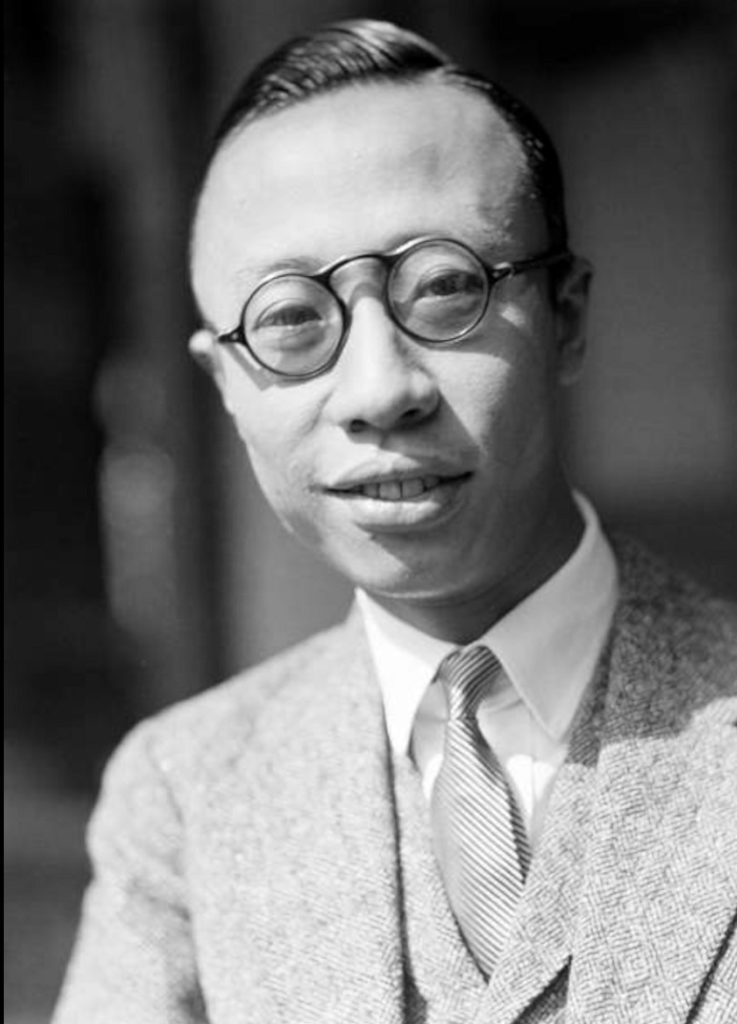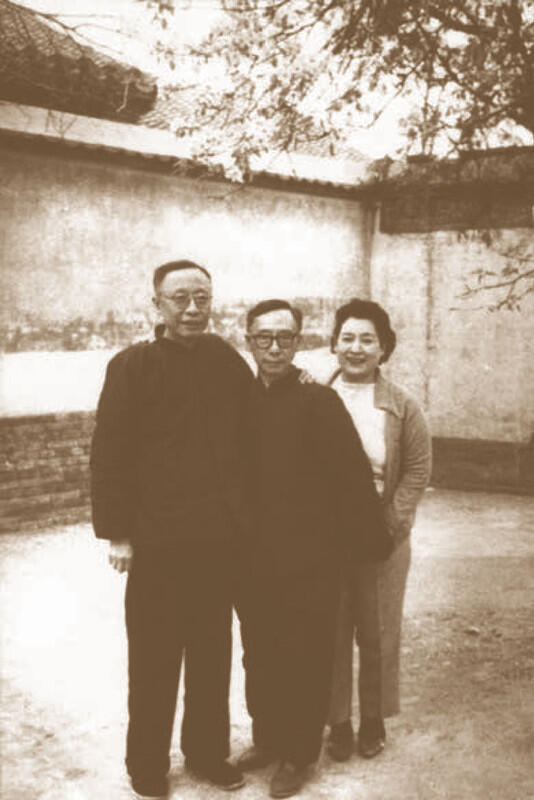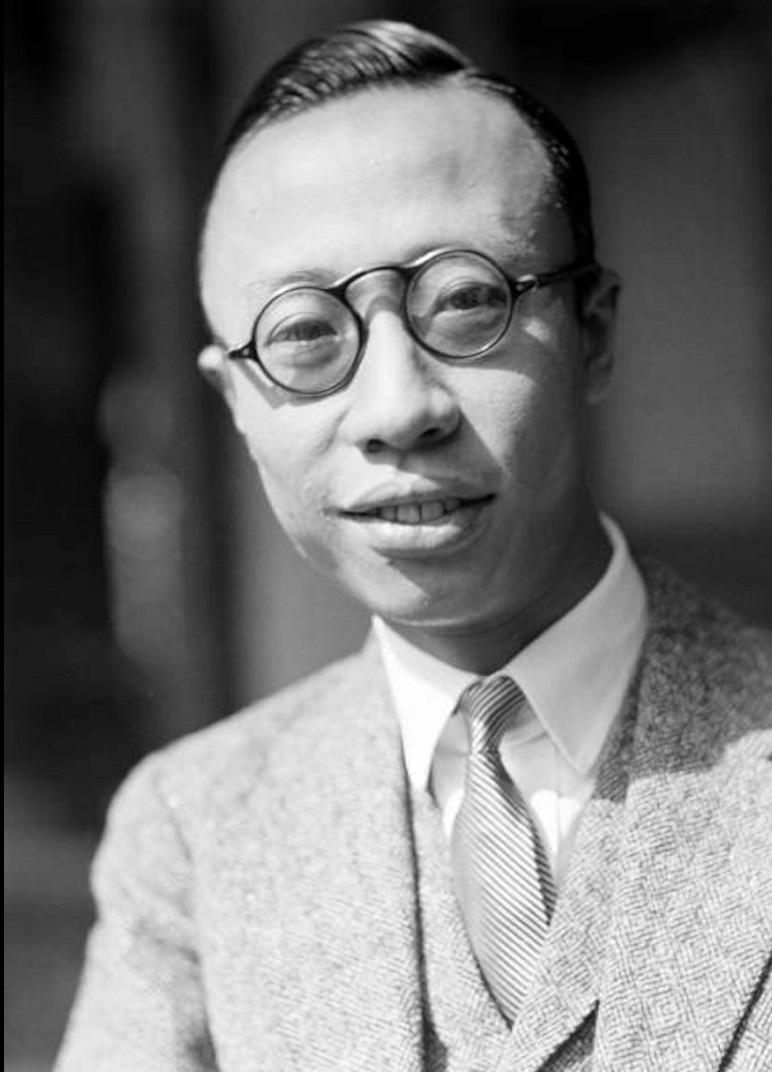
What did the last emperor of china do later in life? He spent the last years of his life working as a road sweeper, a gardener, and an editor.
The last emperor of China was Aisin-Gioro Puyi. He became emperor in 1908 at the age of two when his half-uncle died without children. He was taken away from his family and raised in the Forbidden City in Beijing. He was only emperor until February 1912, a reign of a little under four years. He was the last emperor of China and the last emperor of the Qing Dynasty. The Qing Dynasty had lasted from 1636 to 1912. There had been an unbroken line of emperors of China from 246 BC to 1912, which is over 2000 years. Qin Shi Huang was the first emperor of China.
Piyu was forced to abdicate to appease the forces of the 1911 revolution. He didn’t choose to abdicate and apparently didn’t know he had abdicated until a few years later. The revolution started in late 1911, but it had been a few years coming. The Qing Dynasty had once been powerful, but it had started to lose power and respect. China had lost to Great Britain in two opium wars between 1839 and 1860, being forced to accept a humiliating peace treaty. Then China had lost to Japan between 1894 and 1895, losing Taiwan, parts of Manchuria, and the parts of Korea China controlled. When Japan beat Russia in 1904-05 they increased their power in the north and the power of the Qing Dynasty fell even further.
There were millions of Chinese living in other countries at this time and they started to call for change. They wanted reforms. The reforms that were proposed were too much for the Qing Emperors. They proposed other reforms, but those didn’t go far enough for the people. People started to call for revolution. From 1900 onwards, there were several different uprisings. They were all quashed by Qing forces.
On October 10th, 1911, an uprising in Wuchang ended up with the capture of the whole city. Nobody seems to have expected this. Dr. Sun Yat-sen, who would become the head of the revolution, wasn’t even in the country when it started. Revolutionary groups in other provinces saw the success of the uprising in Wuchang and things began to snowball. The Qing forces couldn’t put down all of the uprisings and they started to lose. The Qing government realized they were going to be defeated and offered to change the emperor into a constitutional monarch. The Revolutionary Alliance refused the offer and named Dr. Sun the provisional president of the new Republic of China. They demanded that Emperor Piyu abdicate. He had no choice but to do so.
Although, the emperor was only six years old. All of the decisions were made by his court and the Empress Dowager Cixi. Piyu had no idea that he had abdicated for a few years. As part of the deal to abdicate, he was given an allowance and allowed to keep living in the Forbidden City. Life didn’t change for him straight away.
In 1924, there was a coup and the government changed. Puyi was forced to leave the Forbidden City. He sought protection from the Japanese who were slowly gaining more power in Asia. They moved him to Tianjin, where he lived until 1931. In later 1931, he wrote to the Japanese embassy, requesting that they help restore him to the throne. They didn’t restore him to the throne of China, but they did make him emperor of the region of Manchuria that they had captured. They believed that having an emperor in their control might make the area easier to govern. Piyu believed that he would be restored as emperor of China in the end.
Piyu was emperor of Manchuria until 1945 when the war ended. He was captured by Soviet troops and put on trial at the Tokyo war crimes. He claimed that he had just been a tool of the Japanese and not a willing participant. How true that was is anyone’s guess. They obviously didn’t believe him because he was turned over to the Republic of China and imprisoned until he was pardoned in 1959.

So, what did the last emperor of China do in later life? He was overcome with guilt at the things that had been done in his name. He contemplated suicide but decided not to. After he was released from prison, he was transferred to Beijing and given a simple apartment where he lived with his sister. His first job was as a street sweeper. He was then given a job in the Beijing Botanical Gardens. In 1964, he was given a job as an editor for the literary department of the Chinese People’s Political Consultative Conference. He also cowrote a book about his life that was translated into many languages.
He was arrested during Chairman Mao’s Cultural Revolution in 1966. His health began to decline and he died of cancer in 1967 at the age of 61. After being released from prison he had become a much kinder and more considerate person than he used to be. He was famously clumsy and forgot to do things like flush the toilet. This is because he had spent most of his life not having to.
Whether the last few years of his life make up for the things he did is not for me to judge. He had a very interesting life and he was the last emperor of China. This is what I learned today.
Sources:
https://www.liverpoolmuseums.org.uk/stories/who-was-chinas-first-emperor
https://www.history.com/this-day-in-history/last-emperor-of-china-abdicates
https://en.wikipedia.org/wiki/Puyi
https://en.wikipedia.org/wiki/Qing_dynasty
https://en.wikipedia.org/wiki/Imperial_Edict_of_the_Abdication_of_the_Qing_Emperor
https://en.wikipedia.org/wiki/1911_Revolution
https://history.state.gov/milestones/1899-1913/chinese-rev

